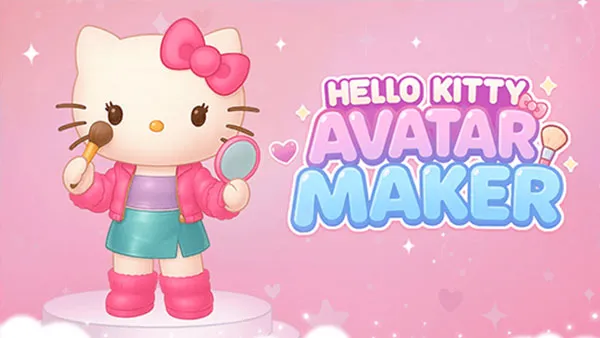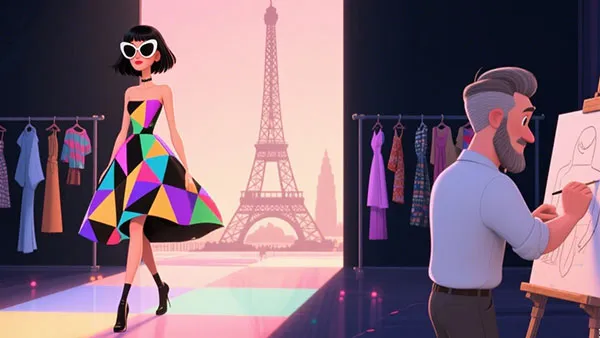
How well do you know Fashion Week?👗👠
Held in major fashion capitals like Paris, Milan, London, and New York, Fashion Week happens twice a year to showcase designers' latest collections for spring/summer and autumn/winter. Behind the scenes, it's an industry-defining spectacle involving months of preparation, creative direction, and media frenzy. Whether you're a dedicated fashionista or a curious newcomer, there's always something new to discover about this iconic event.
1. Which city hosted the first official Fashion Week in 1943?
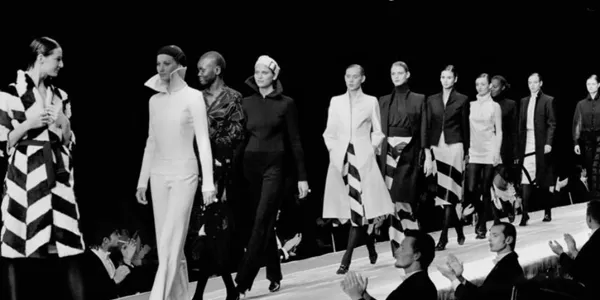
2. Fashion Week happens how many times a year in most cities?
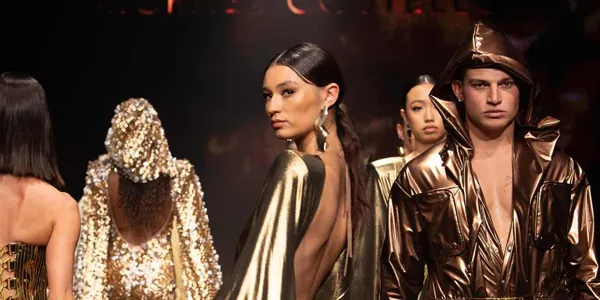
3. Paris Fashion Week is famous for which type of special showcase?
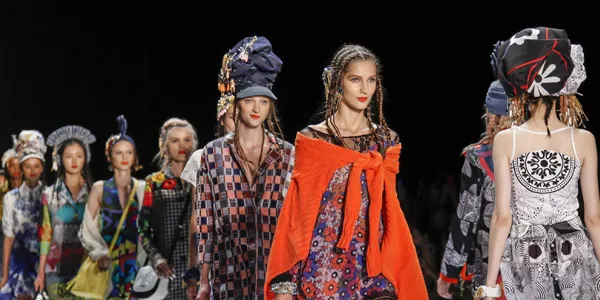
4. Which city is known for mixing luxury fashion with edgy, experimental designs?
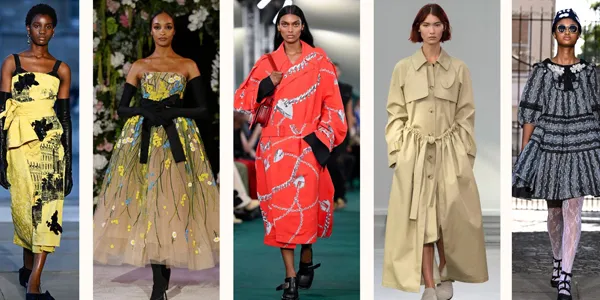
5. In the fashion industry, what does the term "capsule collection" refer to?
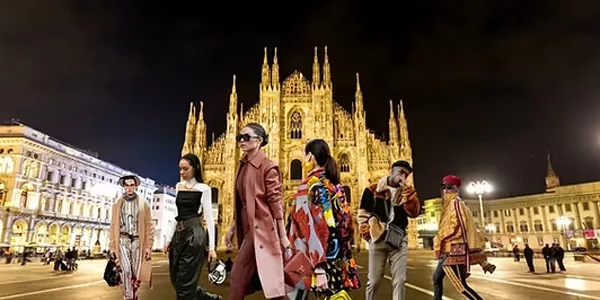
6. What is the main purpose of Fashion Week?
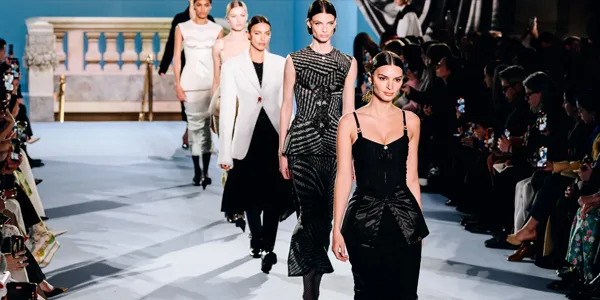
Fashion Week is the pinnacle of the global fashion calendar, a week-long series of events where top designers, luxury brands, and emerging talents present their latest collections. It happens twice a year: once for spring/summer collections and once for autumn/winter. But what makes it truly special is that it brings together industry insiders, buyers, celebrities, influencers, and media from around the world, all eager to spot new trends and celebrate creativity.
While the runways often steal the spotlight, Fashion Week is more than just clothes on models; it's an expression of art, culture, and innovation. Shows can range from traditional catwalks to immersive digital experiences and even performances in unexpected locations.
The Big Four: Paris, Milan, London & New York
While Fashion Weeks take place in many cities, the "Big Four" are the most influential:
New York Fashion Week (NYFW): Known for its commercial spirit, high-energy shows, and mix of luxury labels and streetwear.
London Fashion Week (LFW): Famous for edgy, experimental designs and young British talent.
Milan Fashion Week (MFW): Synonymous with luxury, craftsmanship, and iconic Italian houses like Gucci, Prada, and Versace.
Paris Fashion Week (PFW): Considered the grand finale, known for haute couture, elegance, and the world's most prestigious fashion houses like Chanel and Dior.
Each city has its own personality and aesthetic, contributing to the diverse landscape of global fashion.
A Brief History of Fashion Week
The idea of showcasing seasonal collections dates back to 19th-century Paris, where designers held private salon shows for clients. The modern concept of Fashion Week began in New York in 1943. During World War II, American fashion publicist Eleanor Lambert organized "Press Week" to draw attention to local designers since traveling to Paris was impossible.
This successful event inspired other cities, and over time, Fashion Week evolved into the glamorous, international affair we see today. Today, it's both a cultural phenomenon and a business event worth billions of dollars.
How Fashion Week Shapes What We Wear
Fashion Week isn't just for the front-row elite; it indirectly influences what ends up in high-street stores and online shops. Designers set the tone for upcoming trends, from silhouettes and fabrics to colors and accessories. Trend forecasters, buyers, and journalists translate these high-concept ideas into styles that eventually reach a wider audience.
For instance, if bold floral prints dominate several runways, you'll likely see floral dresses hitting stores in the following seasons.
Behind the Scenes: What You Don't See
Months of work go into a single runway show: concept development, design sketches, fittings, casting models, collaborating with hair and makeup teams, and selecting the perfect venue or digital backdrop.
There's also the business side: designers and brands invite press and buyers to generate media buzz and secure orders that keep the brand running. For newcomers, Fashion Week can be a career-defining opportunity.
Fashion Week Today
Fashion Week has evolved dramatically. Social media and live streaming now allow millions of people worldwide to watch shows in real time. Recent seasons have also focused on inclusivity, highlighting models of diverse backgrounds, sizes, and gender identities.
Designers are also exploring sustainability, creating collections from recycled materials, and presenting digital-only shows to reduce waste.
Paris also hosts Haute Couture Week, a separate event showcasing handmade, custom-fitted garments. Fashion Week seasons are shown months in advance; a spring/summer collection usually debuts the previous September.
Some designers present "see now, buy now" collections, letting fans buy items immediately instead of waiting months. Celebrities often get paid to sit in the front row because their presence generates media coverage.
Fashion Week is so much more than glamorous photos; it's history, art, and a reflection of society. Whether you're a trendspotter or just learning about it, this quiz is your chance to see how much you know. Grab your metaphorical front-row seat and let's begin!


